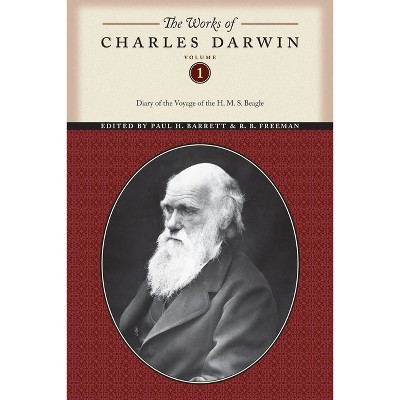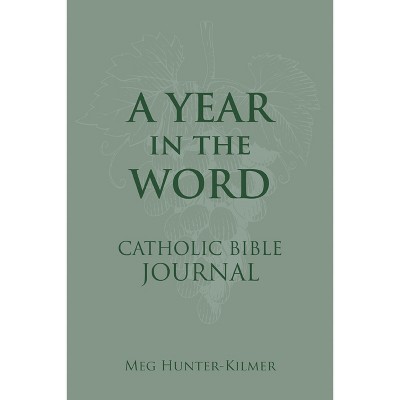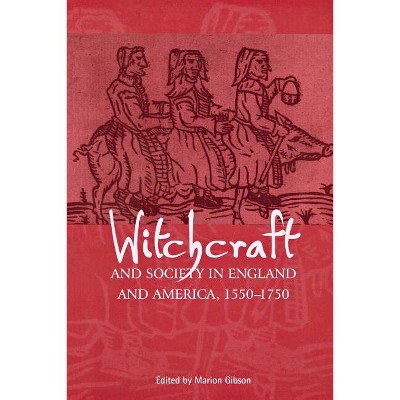Sponsored

Becoming German - Annotated by Philip L Otterness (Paperback)
In Stock
Sponsored
About this item
Highlights
- Becoming German tells the intriguing story of the largest and earliest mass movement of German-speaking immigrants to America.
- About the Author: Philip Otterness is Professor of History and Political Science at Warren Wilson College.
- 256 Pages
- Social Science, Anthropology
Description
About the Book
Becoming German tells the story of the largest and earliest mass movement of German-speaking immigrants to America, the Palatine migration of 1709, tracking their journey from Germany to London to New York City and into the frontier areas of New York.
Book Synopsis
Becoming German tells the intriguing story of the largest and earliest mass movement of German-speaking immigrants to America. The so-called Palatine migration of 1709 began in the western part of the Holy Roman Empire, where perhaps as many as thirty thousand people left their homes, lured by rumors that Britain's Queen Anne would give them free passage overseas and land in America. They journeyed down the Rhine and eventually made their way to London, where they settled in refugee camps. The rumors of free passage and land proved false, but, in an attempt to clear the camps, the British government finally agreed to send about three thousand of the immigrants to New York in exchange for several years of labor. After their arrival, the Palatines refused to work as indentured servants and eventually settled in autonomous German communities near the Iroquois of central New York.Becoming German tracks the Palatines' travels from Germany to London to New York City and into the frontier areas of New York. Philip Otterness demonstrates that the Palatines cannot be viewed as a cohesive "German" group until after their arrival in America; indeed, they came from dozens of distinct principalities in the Holy Roman Empire. It was only in refusing to assimilate to British colonial culture--instead maintaining separate German-speaking communities and mixing on friendly terms with Native American neighbors--that the Palatines became German in America.
Review Quotes
Becoming German nicely details the complex development of ethnic identity in eighteenth-century British America. With engaging prose and a straightforward style, Otterness demonstrates how people from a variety of religious, political, and cultural backgrounds re-shaped the definition others imposed on them and forged a commonly held and unique identity.... Becoming German significantly broadens our understanding of early American identity formation and adds welcome nuance and complexity to our image of cultural encounters in British America.
--Rosalind J. Beiler "Journal of American Ethnic History"Otterness discusses the impoverished families of southwestern Germany who, in 1709, migrated to England mistakenly believing that Queen Anne would give them farmland in America. Following long delays, they ultimately reached the colony of New York.... Once there, ... they doggedly struggled to obtain farmsteads, defying the governor, moving from the work camps, and buying land from the Mohawks instead of from English landholders.... Colonial and New York State historians will enjoy this interesting, well-researched narrative. Highly recommended.
-- "Choice"Otterness paints a vivid picture of the diversity and the resultant dissension among Germans from various parts of the Holy Roman Empire.... The text is well-written and easy to read.... This book is highly recommended. It is a wonderful addition to the knowledge and understanding of this first mass migration of German-speaking people to America. Descendants of the immigrants should read this book. Others will learn and explore the complexities of migration, the problems in acclimation in strange surroundings, and the creation of an American identity.
--Clara Harsh "The Palatine Immigrant"There are a number of strengths in Otterness's book. First, his chronicle of the 1709 migrations from beginning to end, detailing origins and settlement patterns using his database, is impressive. He provides extensive detail on the London phase of the migrations, including how difficult conditions were for the Germans and what a public political problem this became for Londoners. Otterness also shows how the Palatines' problems of survival and dealing with difficult authorities continued after reading New York. And, in addition to discerning the beginnings of 'becoming German' in Europe, not America, Otterness shows that many immigrants interacted significantly with Mohawks on the Schoharie.
--Aaron Spencer Fogleman "American Historical Review"This fast-paced and thoroughly researched book tells the story of the migration of 3,000 Germans from the Rhineland, who settled in upstate New York in the early eighteenth century, a fascinating episode in the peopling of British North America.... Although they dispersed in scattered settlements, over the years, Otterness concludes, the Palatines remained distinctively German. While they integrated into American public life, they continued to marry within the group, kept German as their primary language, and maintained German customs.
--Bertrand Van Ruymbeke "Itinerario"About the Author
Philip Otterness is Professor of History and Political Science at Warren Wilson College.
Shipping details
Return details
Frequently bought together















